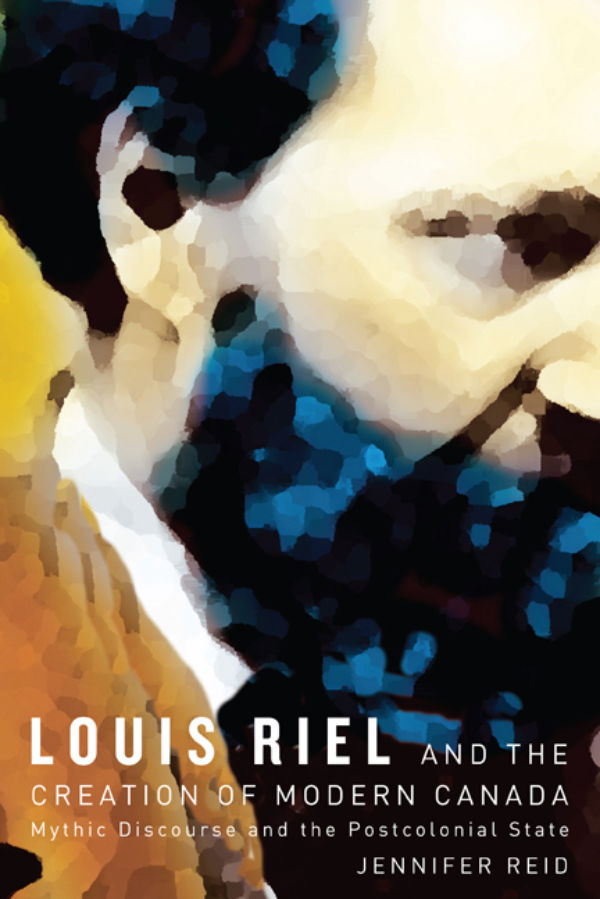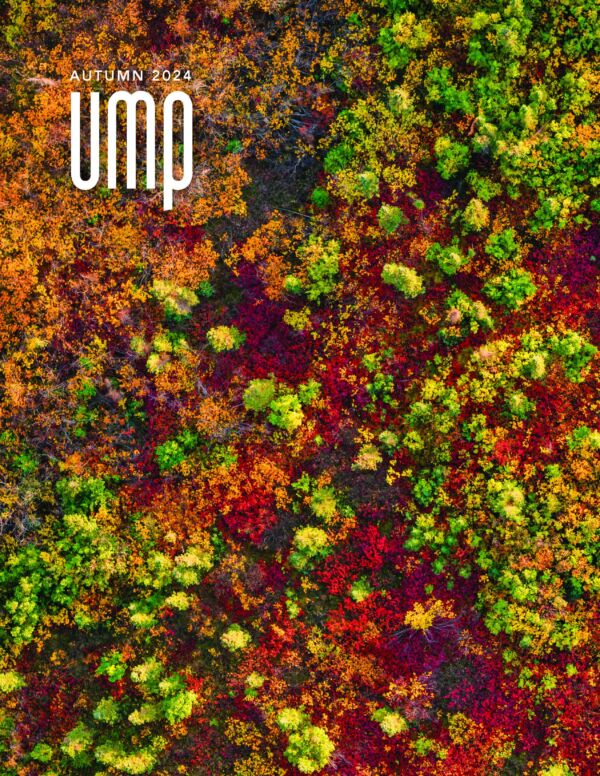Interview with Jennifer Reid
Author of Louis Riel and the Creation of Modern Canada
1) You were raised in rural Ontario, studied in Cape Breton and Ottawa, and currently live in the United States. So why the focus on Louis Riel, whose history is so rooted to the Canadian prairies?
My interest in Riel was part and parcel of being the child of a Francophone Catholic mother and an Anglophone Protestant father. My parents duked out Riel, the Plains of Abraham, the deportation of the Acadians around our dinner table the whole time I was growing up. I couldn’t tell you when my interest in Riel emerged; it was probably before I could read! Though I had to reluctantly move to the US when I completed my PhD and needed a teaching position, my own interests came with me, and I’ve continued to work through them from a distance.
2) In 2008, the year that Louis Riel and the Creation of Modern Canada was first published, the Province of Manitoba ran a contest to name a new statutory holiday. Eleven schools submitted “Louis Riel Day,” which was ultimately selected. Around the same time, a t-shirt that included the slogan “Keeping It Riel” went into wide circulation. It really is remarkable how Riel has persisted in cultural/historical memory, isn’t it?
It’s remarkable, for sure. And also highly unusual in the modern postcolonial world. To my mind, Riel is really quite singular.
3) What was your goal for this project?
To explore the complicated nature of identity in modernity in general, with Canada as the entree. And also to take a different approach to the question of the limitation of the notion of the nation-state, something that is increasingly a concern in studies of globalization.
I guess I wanted to think about globalization as a process that began with the first incursions of Europeans into the Atlantic world, rather than with the economic expansion of the twentieth century.
4) Your stated areas of interest, academically, are colonial and post-colonial religion, particularly colonial North America and the impact on indigenous peoples. May I ask where the interest in Aboriginal peoples/cultures came from?
I had completed half of an undergraduate degree when I returned to university in my later twenties to complete the degree. I was attending the University College of Cape Breton, and quickly found myself making friends with other non-traditional students who were Mi’kmaq, from Eskasoni First Nation.
My interest in religion as colonial discourse was sparked by a visiting professor from Syracuse University at that time, and somehow issues relating to colonial and postcolonial relations among Aboriginal and non-aboriginal peoples and the interest in the study of religion just seemed to start moving in tandem with one another. I ended up going to study at Syracuse with Charles H. Long, an eminent historian of religion, whose methodology suited that interest to a T.
5) Tell me a bit about Religion, Writing, and Colonial Resistance: Mathias Carvalho’s Louis Riel and how this book was the natural next step after writing Louis Riel and the Creation of Modern Canada.
Funny as it sounds, it was kind of a spill-over from the bigger book. I had been reading everything I could get my hands on about Riel for a number of years, and the Carvalho poem was part of that. It didn’t really have a place in Louis Riel, so I decided to let it stand on its own in a smaller volume.
8) What’s next for you? What are you working on now?
I’ve been working on intersections of religion, law, and Aboriginal rights the past couple of years. I recently published an article in Canadian Journal of Native Studies on the doctrine of discovery (one of the oldest principles of modern international law) and Canadian constitutional law. I have a couple of other projects I’m currently working on that are situated in the same area of concern.






